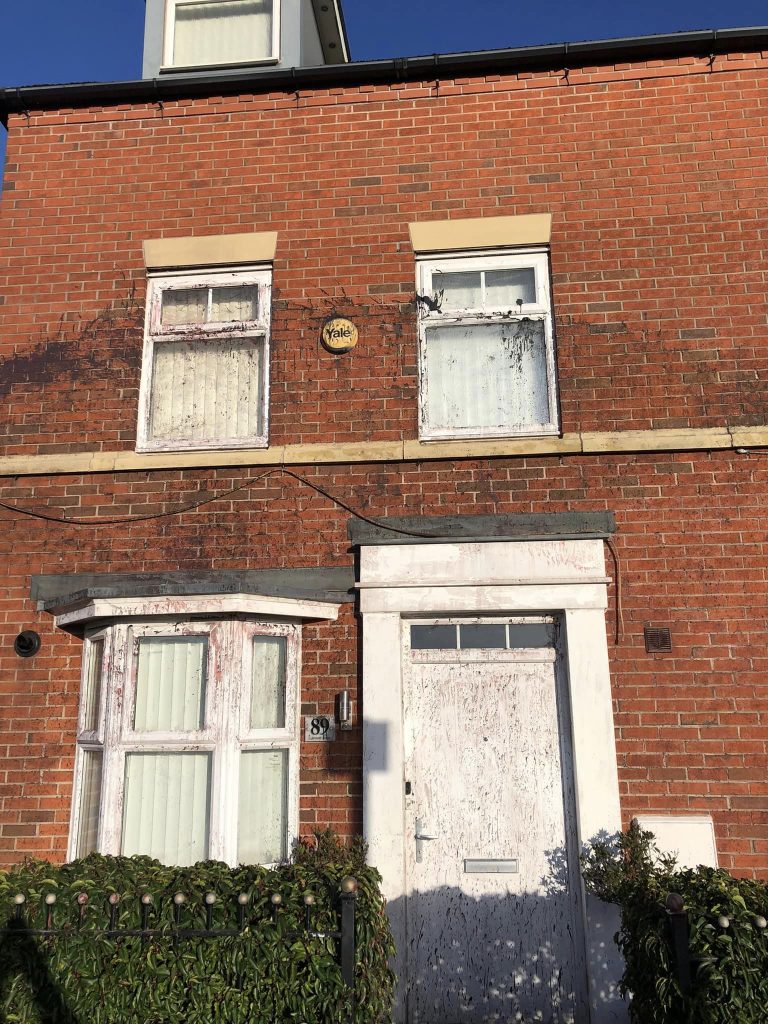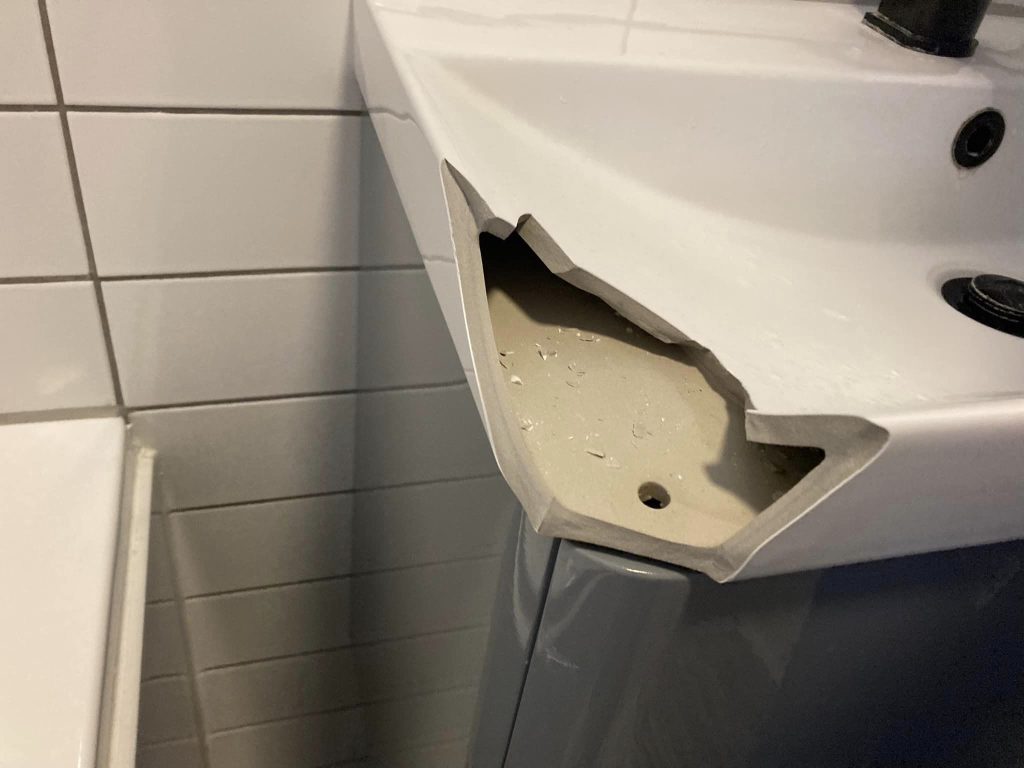Rob Mouser from Plastic Surgeon discusses the merits of having damaged doors repaired by specialists.
Why wood is the preferred material for doors
Wood, along with veneers and foils that mimic its appearance, remains a popular choice for internal and external doors due to its beauty, versatility, and unique grain patterns that enhance both domestic and commercial spaces.
The challenge of damage during construction
Wood’s softness makes it susceptible to scratches and dents during the construction process, often caused by tradespeople moving tools and materials through doorways.
Cost-efficiency of repairs versus replacement
With tightening budgets, especially in the public sector, repairing damaged doors has become a more cost-effective solution than replacement, provided the repairs are conducted by experienced professionals.
The limitations of DIY solutions and french polishing
DIY repair products often fail to replicate the subtle details of real timber, while French polishing, though visually appealing, is not durable enough for doors, which require a robust finish.
The multi-stage process of professional door repairs
Repairing timber, composite GRP, or metal doors involves multiple steps, beginning with filling and leveling the damaged area and followed by precise colour matching to restore the original finish.
The artistic skill of grain and knot replication
Replicating the grain and knots in wooden doors is a meticulous process that requires patience, expertise, and artistic talent, often involving the use of fine brushes and custom-mixed colours.
Finalising repairs with a durable protective finish
The repair process concludes with the application of a matching protective topcoat, such as varnish, wax, or lacquer, to ensure durability and a seamless appearance.







